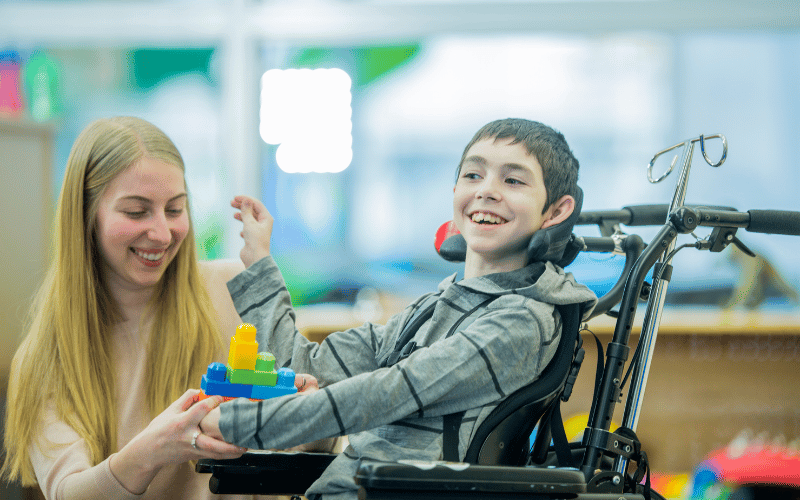Stage 3: The Grip Tightens

As the disease progresses into the third stage, the impact on the individual’s independence and daily functioning becomes profound. It is a challenging stage, calling for significant adjustments and increased care.
During this stage, cognitive difficulties become more severe. The individual might face challenges with problem-solving, logical reasoning, or keeping up with conversations. Memory problems might also escalate, though they are typically less severe than in conditions like Alzheimer’s disease.
Motor function continues to deteriorate, and the individual might need help with most daily activities. The slow movement, rigidity, and balance issues continue to intensify, increasing the risk of severe falls and injuries.
The speech becomes more slurred, and volume continues to decrease, making communication increasingly challenging. Dysphagia becomes more severe, affecting the individual’s nutrition and hydration, and increasing the risk of respiratory complications.
The individual continues to struggle with vision, especially vertical gaze, leading to increased difficulties in daily activities like reading or walking. They might also start to exhibit light sensitivity, abnormal eyelid movement, or involuntary eye blinking. (3)